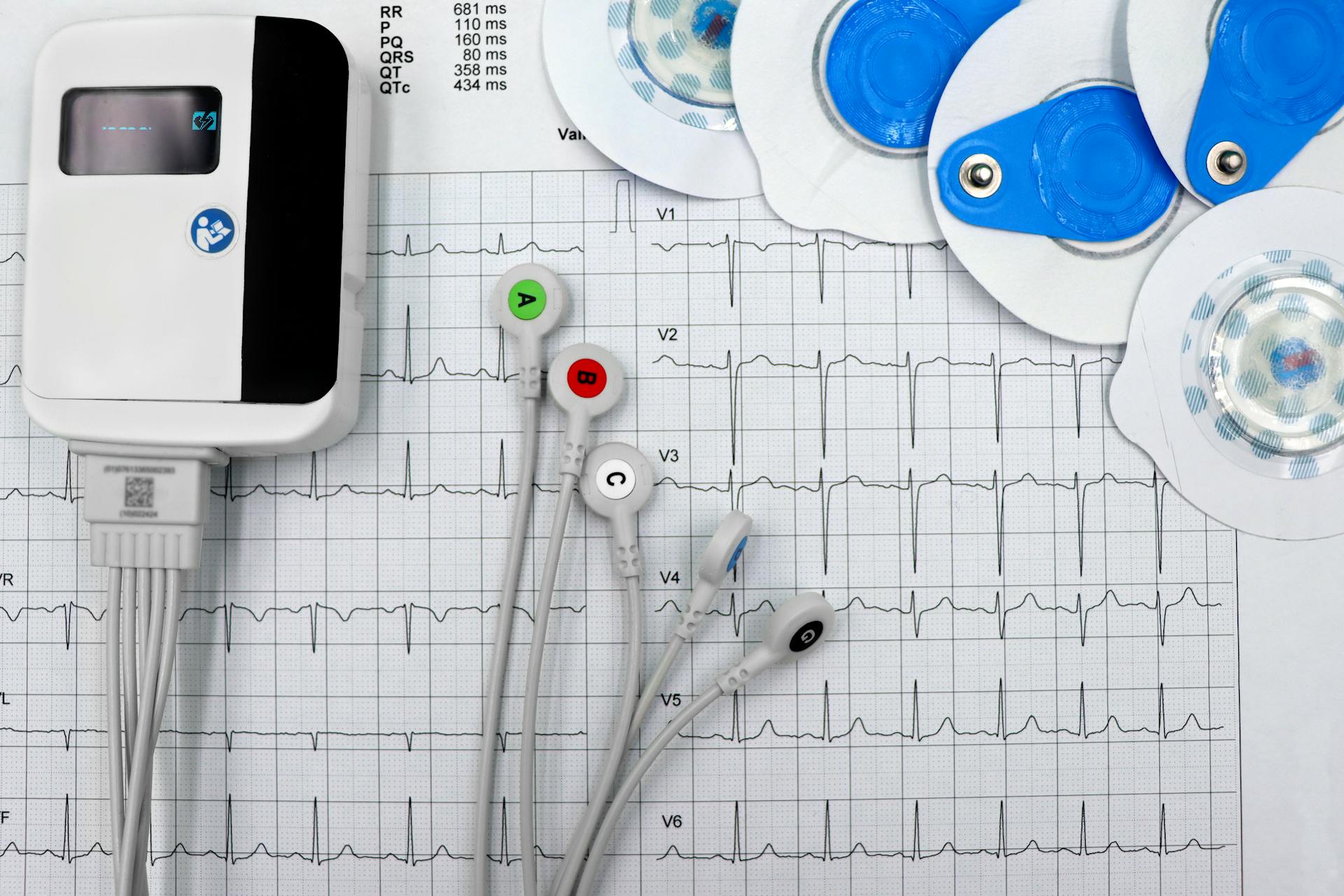The Evolving Role of GPs in Menopause Care
General Practitioners are central to women’s health, particularly during the menopausal transition. Experts emphasise that all GPs should be capable of managing menopause, at least to a certain extent. This includes providing initial diagnosis, offering referrals to specialists or allied health, coordinating care, and assisting patients with complex health decisions. GPs are often the first point of contact for women seeking help for symptoms, placing them in a crucial position to offer holistic care. While this responsibility can be demanding, most GPs aspire to manage menopause effectively.
Persistent Challenges in General Practice
Despite the critical role GPs play, several barriers can hinder comprehensive menopause care. One significant challenge is that general practice structures often do not support the longer consultations required for a thorough menopause assessment. Patients may need multiple visits to process complex information effectively. A pervasive lack of education and support, stemming from medical school through to general practice training, contributes to difficulties in staying updated with current information, especially regarding various management options. Many GPs also report feeling nervous about prescribing certain therapies, often due to concerns about potential risks and the fear of being blamed if a patient develops adverse conditions. This can lead to some practitioners preferring not to manage menopause at all, or referring patients to specialists, potentially delaying care and increasing patient burden. Furthermore, there’s a common misconception that menopause is solely about symptoms, rather than a significant physiological process with broader, long-term health consequences, such as increased risks of cardiovascular disease and osteoporosis.
Introducing New MBS Items for Menopause Health Assessments
To address these challenges and improve women’s health outcomes, new Medicare Benefits Schedule (MBS) items for menopause and perimenopause health assessment services (Item 695 for GPs and Item 19000 for prescribed medical practitioners) will be introduced from 1 July 2025. These items are a positive step towards supporting appropriate care and symptom management, reducing gender bias, and improving access to health outcomes for women experiencing menopause or perimenopause. They are designed to support targeted health assessments for eligible patients experiencing premature ovarian insufficiency, early menopause, perimenopause, or menopause. These assessments are available annually, without an age limit, and involve a minimum service duration of 20 minutes.
Key Components of a Menopause Health Assessment
The new MBS items mandate specific clinical activities to ensure comprehensive assessment. These include, but are not limited to:
- Collecting relevant patient history to determine menopausal status (pre-, peri-, or post-), assess overall wellbeing, and identify contraindications for management.
- Conducting a basic physical examination, including recording blood pressure, height, and weight.
- Initiating clinically indicated investigations and referrals, with particular attention to recommended screenings such as cervical screening, mammography, and bone densitometry.
- Discussing various management options, encompassing both non-pharmacological and pharmacological strategies, along with their associated risks and benefits.
- Implementing a patient-centred management plan for symptom management.
- Providing preventative healthcare advice, covering physical activity, smoking cessation, alcohol consumption, nutritional intake, and weight management.
Practice nurses, Aboriginal health workers, and Aboriginal and Torres Strait Islander health practitioners may assist the medical practitioner in these assessments under supervision. While these items are initially temporary for two years, they are intended to become a permanent feature of reformed health assessment items, emphasising the ongoing importance of this stage of life for women’s health.
Beyond Symptoms: Understanding Menopause’s Broader Impact
It’s crucial for GPs to understand that menopause is more than just a collection of symptoms; it’s a profound physiological process with ongoing consequences, whether or not a woman is symptomatic. Post-menopause, women face an increased risk of cardiovascular disease, osteoporosis, and genitourinary symptoms. A comprehensive assessment therefore involves not only managing acute menopausal symptoms but also addressing these long-term health implications and developing a robust preventive healthcare plan. This approach involves identifying and mitigating risk factors for complications like fractures and cardiovascular disease. While hormone tests can be useful in specific situations like diagnosing premature menopause, they are generally of limited utility for routine diagnosis in the menopausal transition due to fluctuating hormone levels. Instead, the focus should be on the individual woman’s unique experience and symptom impact.
Mental Health and Menopause: A Nuanced Perspective
The widely accepted notion that menopause universally leads to poor mental health is increasingly being challenged. Recent research indicates no consistent evidence of a universal or uniform increase in mental health risk (such as depression, anxiety, or bipolar disorder) across the menopause transition. Instead, certain subgroups of women may experience an elevated risk, particularly those with a personal history of depressive disorders or those facing additional stressors. Factors like severe hot flushes, sleep disturbance, surgical menopause, or a prolonged menopausal transition can contribute to mood disturbance, often as a consequence of these physical symptoms rather than a direct symptom of menopause itself. GPs are encouraged to challenge the “moody menopausal woman” stereotype and recognise the diversity of experiences, focusing on individualised care that addresses both physical and psychosocial factors.
Enhancing GP Confidence and Resources
Improving GP knowledge and confidence in menopause management is paramount. This includes better education throughout medical training and ongoing professional development. Resources like the Australasian Menopause Society (AMS) and the Jean Hailes Foundation for Women’s Health offer valuable information and support for practitioners. The Practitioner’s Toolkit for Managing Menopause is also recommended for guidance with health assessments. These resources, alongside the new MBS items, aim to empower GPs to provide high-quality, patient-centred care, ensuring women receive tailored education and support that respects their diverse backgrounds and individual needs.
Summary
The landscape of menopause care in Australian general practice is evolving, with a renewed focus on comprehensive, patient-centred assessment. New MBS items for menopause health assessments, effective 1 July 2025, aim to support GPs in providing thorough care, including mandated clinical activities covering history, examination, investigations, and management planning. It’s crucial to recognise menopause as a significant physiological event with potential long-term health consequences beyond just symptoms. While mental health concerns can arise, current evidence suggests these are often consequences of severe physical symptoms or other life stressors, rather than a universal outcome of menopause itself. GPs are encouraged to utilise available educational resources to enhance their confidence and ensure individualised, high-quality care for women navigating this important life stage.


